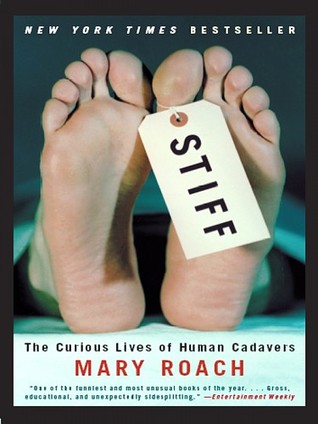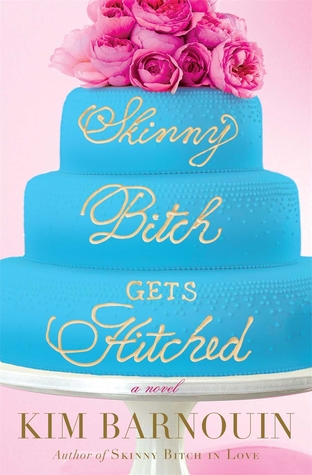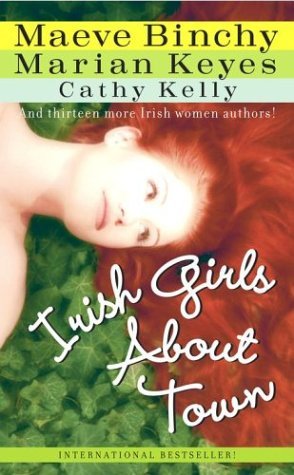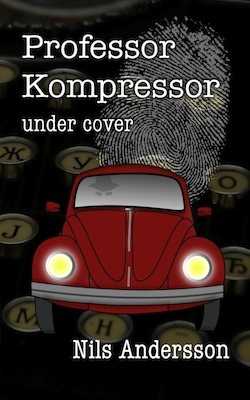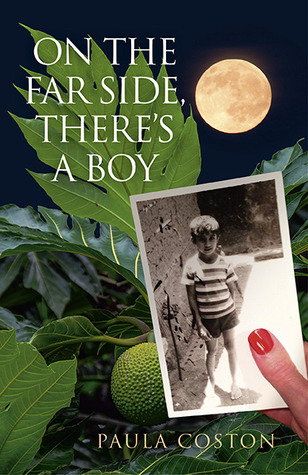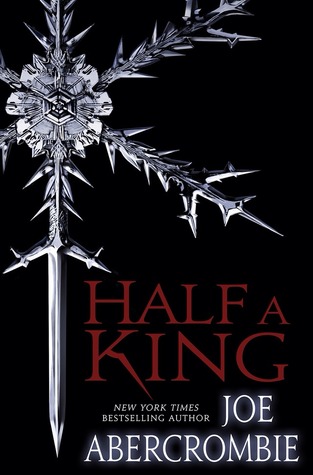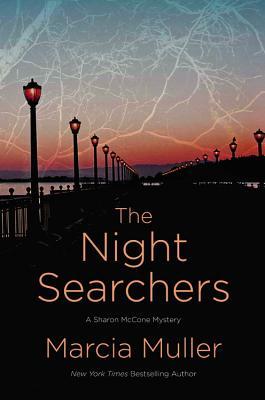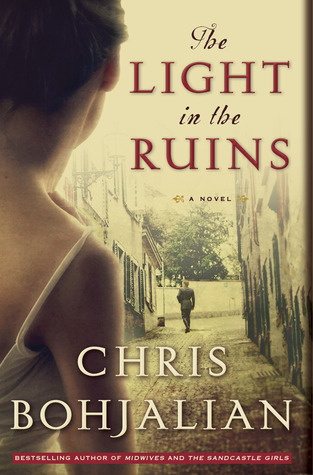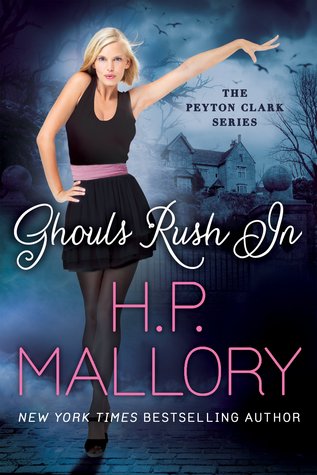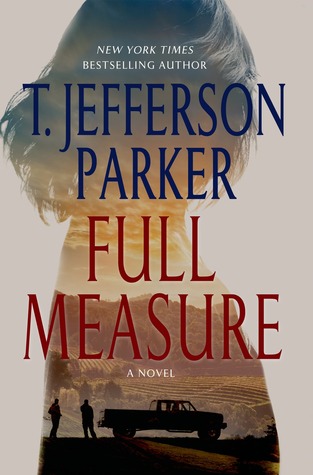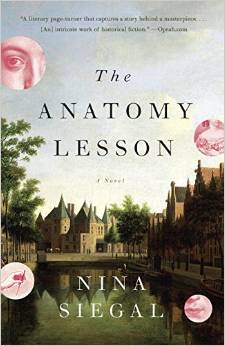Sept. 9, 2014
I wanted to like Stiff. I wanted Mary Roach to be an entertaining writer. Alas, she is not.
She’s judgmental and annoying. She writes too much about too little. She goes on long, pointless tangents.
Most damning of all (for me, as a journalist), are incongruities between what she’s written as either the truth or a semblance of the truth and the truth I’ve read from more credible authors. Meaning, she’s lying or being lazy or a combination of the two.
Once the first hole is poked in Roach’s credibility, I have no faith that her work is not riddled with holes.
At this point, I should put some caveats in my review: I am not easily grossed out. I’m a little bit morbid. While I do not deal with dead bodies extensively, I deal with death and the grieving on a regular basis as a cops and courts reporter for a newspaper.
This appears to be an issue for some reviewers. I did not find the book to be particularly gross.
Show me the money
First, my biggest problem with the book. Roach writes a little bit about the history of the body market, but not that much. When it comes to the modern body market, she writes, a costs $500. Who knows how much it sells for.
That’s it.
One single reference.
